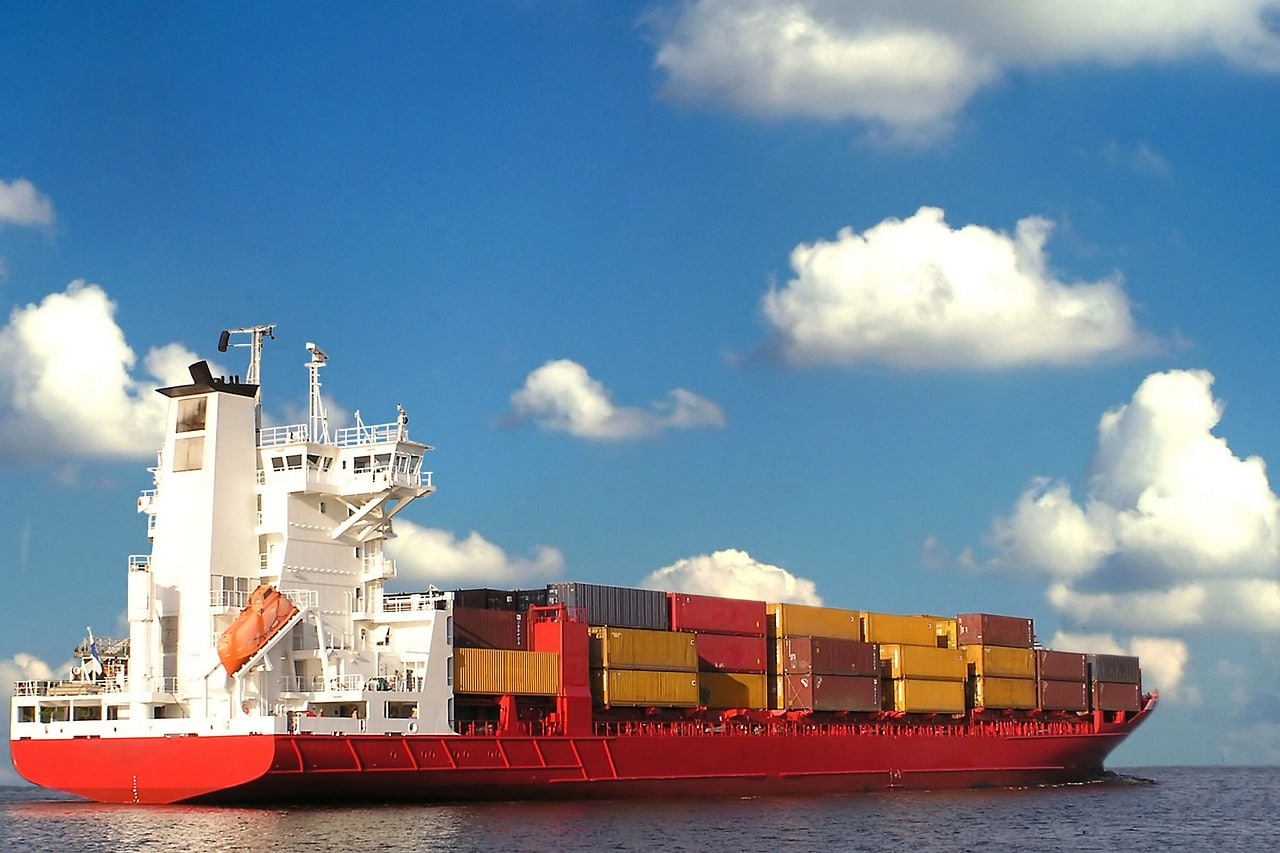
Foreign trade involves the development of commercial operations between two nations.
Foreign trade is the development of commercial operations between two countries . In this way, while one exports products and/or services, the other carries out their import .
The idea of commerce , a term that comes from the Latin word commercium , refers to an exchange or a buying and selling activity. The adjective exterior , meanwhile, can be used to refer to what is linked to other nations, as opposed to what is internal or national.
Foreign trade, in short, means that one of the parties sells a good or service to the other, who is located abroad . This transaction is carried out according to various procedures and rules that are established between countries or between international organizations.
Foreign trade and the trade balance
The trade balance is an economic indicator that reflects a country's exports and imports in a specific period. The difference between these exports and imports shows the balance of the trade balance.
If a country exports more than it imports, it has a positive trade balance and achieves what is known as a trade surplus . On the other hand, if it imports more than it exports, the balance of its trade balance is negative and it registers a trade deficit .
It is understood that the trade surplus contributes to economic development since the nation in question receives more money than it spends in international transactions. That is why it is common to implement an export strategy that tends, precisely, to promote exports.
The balance of payments , on the other hand, details the monetary operations that a nation carries out with the rest of the world in a certain period of time. This indicator takes into account payments linked to imports and exports, but also financial operations.

Electronic commerce contributes to the promotion of foreign trade.
The exchange rate
The currency used in an international trade operation is referred to as currency . Specifically, a currency is a foreign currency taking into account the national unit of a certain State .
The proportional relationship between the value of one currency and the value of another currency is called the exchange rate . This rate indicates the number of units of one currency that must be given to obtain one unit of the other currency.
The exchange rate, in this way, is very important in international trade. A country's trade policy maintains a close link with exchange rate policy : the devaluation of a currency, for example, can contribute to an increase in exports, the opposite effect to that usually produced by a revaluation .
Thus, if a country devalues its currency , it is likely that it will be able to increase exports since its goods will be cheap for buyers. While there is a positive side to this, the country in question will have difficulty importing. When you need to purchase goods from abroad that you cannot produce locally, a devalued currency will be a hurdle.
The regulation of foreign trade
The regulation of foreign trade is essential since its effects on the economy of each territory are notorious. Trade liberalization can cause distortions in the internal market, with negative consequences for the population.
Governments that opt for protectionism , in this framework, usually set tariffs and establish import licenses or import quotas to encourage local industry and discourage the purchase of goods abroad.
In return, free trade zones or a free zone , areas with a customs union can also be created, or trade agreements can be signed to boost foreign trade. The adoption of measures of one type or another depends on the policies implemented by the rulers.
In international trade, other regulations may also apply, such as non-tariff barriers (such as the establishment of mandatory technical standards) and various sanitary and phytosanitary restrictions.
Dumping is one of the phenomena that, in general, attempts are made to avoid with the regulation of foreign trade. Dumping occurs when a good is exported at a price lower than that sold in the domestic market of the nation of origin. With antidumping measures , an attempt is made to prevent this situation from arising, which usually causes damage to the productive sector of the importing country.

At a general level, foreign trade is usually considered to promote economic development.
Corporate social responsibility
Given the possible harm that foreign trade can cause for some communities, corporate social responsibility ( CSR ) is important. Companies involved in these operations must take into account their impact on the societies where they operate.
If dumping can lead to thousands of layoffs in a nation, CSR must consider the consequences of this type of practice, to mention one possibility. The promotion of fair trade is another common CSR initiative, just as tourism providers must analyze the footprint of international tourism in certain regions.
International agreements in foreign trade
With globalization , the advances in international logistics and the advantages offered by electronic commerce, among other factors, foreign trade has acquired even more notable relevance in recent decades.
Various international organizations, in this context, intervene in various ways to promote economic development, such as the World Bank and the International Monetary Fund (IMF) . In the specific case of Latin America , the Economic Commission for Latin America and the Caribbean ( ECLAC ) is an agency of the United Nations (UN) that promotes economic growth.
The countries, in turn, meet in continental blocs to encourage foreign trade and defend their particular interests. The European Union (EU) , the Southern Common Market ( MERCOSUR ) , the Andean Community of Nations (CAN) and the Association of Southeast Asian Nations (ASEAN) are some of these communities of nations and supranational associations.
Bilateral agreements and multilateral agreements are other instruments associated with foreign trade. These agreements create conditions to increase trade in goods or trade in services between different countries.
